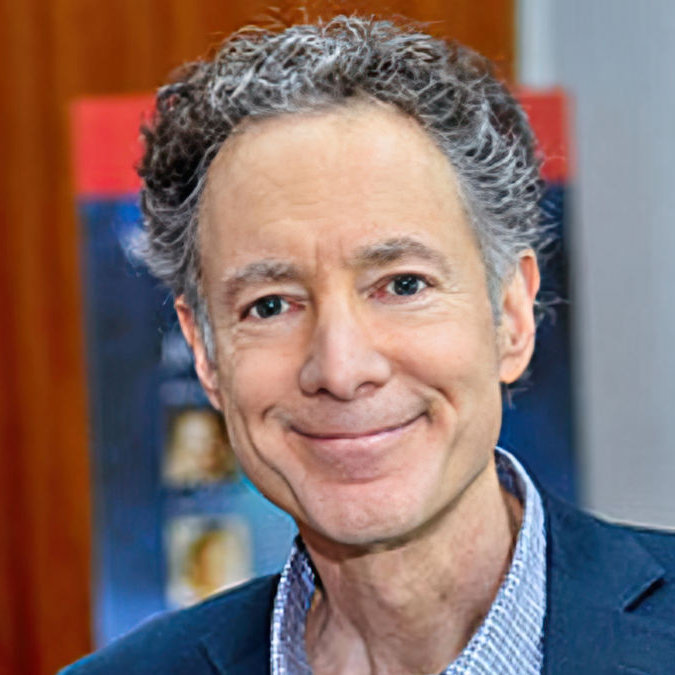Paul F. Glenn Center for Biology of Aging
at Harvard Medical School
Mission Statement
The Paul F. Glenn Center for Biology of Aging at Harvard was established in 2005 with the visionary support of Paul F. Glenn. With continued support from the Glenn Foundation for Medical Research, the Harvard Glenn Center has played a central role in promoting research in aging and the biology of human healthspan.
The Harvard Glenn Center is composed of multiple laboratories, students, fellows, and postdoctoral trainees who are advancing the genetics and epigenetics of aging, age-related disorders, metabolism and immunity. Cutting-edge research at the Center is contributing to our understanding of aging with the goal of discovering therapeutic interventions to increase healthy lifespan and prevent age-related disease. The Center serves as a catalyst for vibrant scientific discussion and interaction, fostering the development of the next generation of scientists who will address the challenges of an aging society.
Co-Directors:
Our Research Labs
Marcia Haigis

Why does cancer risk increase exponentially with age? Is there a molecular signature of aging and cancer? What are the age-dependent targets in cancer? The Haigis lab has been studying the genetics of human cancer from young or aged individuals to identify signatures that are age-dependent and causal for cancer risk.
David Sinclair

The Sinclair Lab has provided evidence that epigenetic changes are a conserved cause of aging. The RCM Hypothesis posits that aging involves epigenetic dysregulation due to the redistribution of chromatin-modifying proteins to DNA damage sites, altering gene expression and cellular identity.
Amy Wagers

Research in the Wagers lab is focused on uncovering the cellular and molecular underpinnings of stem cell functions and inter-tissue communication signals that are involved in the disruptions of tissue maintenance and repair that frequently occur in aging organs.
Bruce Yankner

The Yankner lab discovered that the REST transcriptional repressor plays a central role in the aging human brain. REST is activated in a variety of aging brain cell types during aging, regulating a stress resistance gene network that protects that brain from a variety of oxidative, proteostatic and metabolic stressors.
The Annual Symposium on Aging
The 2025 Harvard/Glenn Symposium took place on Monday, June 16, 2025. Please check back soon for details about the next symposium.